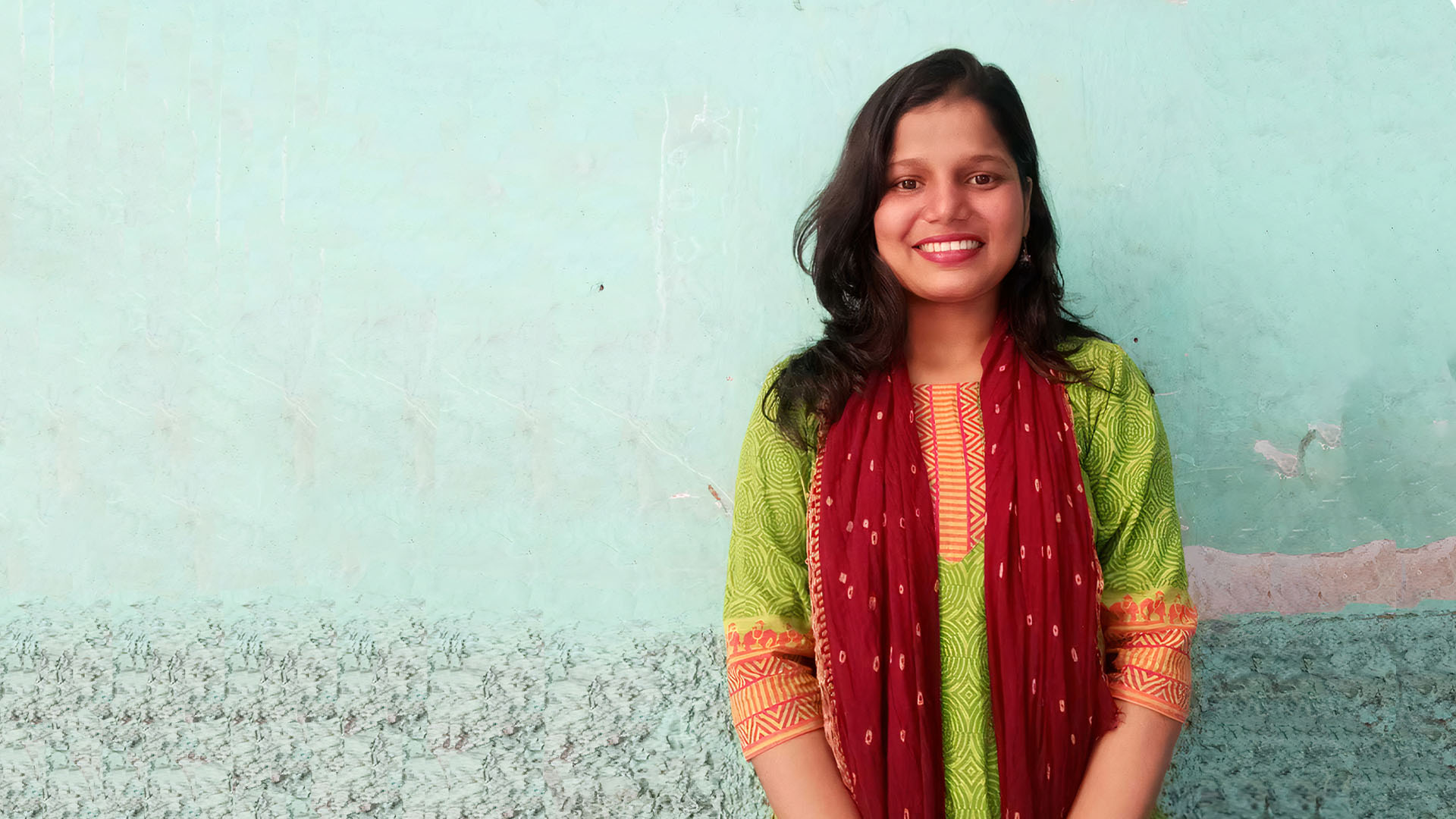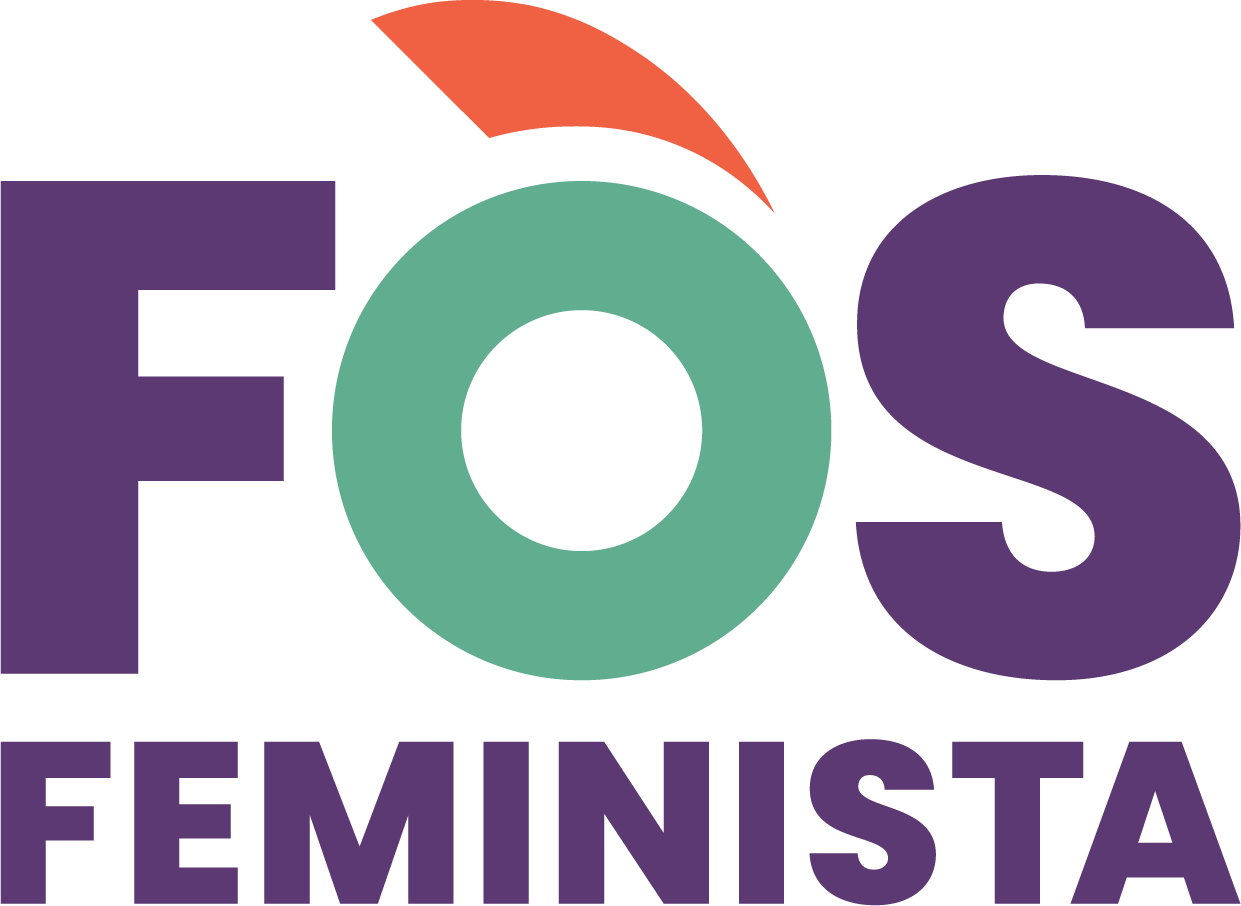
The YP Foundation is an organization that equips adolescent leaders across the country to take up issues of health, gender, sexuality, and justice with their peers, communities, and policy makers.
India suffers from high levels of gender inequality, extreme poverty, and one of the highest rates of teenage pregnancy worldwide. Structural inequality stemming from a long history of discrimination is endemic to India, but civil society organizations are inspiring a new generation to transform this reality—particularly for young women and girls.
The YP Foundation (TYPF) has been training young people in feminist and rights-based leadership for more than two decades. A Fòs Feminista partner, TYPF recruits young leaders across India to take up issues of health, gender, sexuality, and justice with their peers, communities, and policy makers.
One such leader is Kehkasha Sheikh. The 22-year-old hails from a Muslim family in Nizamuddin, a low-income neighborhood in New Delhi that is largely home to Dalit residents, a group marginalized by India’s caste structure. Kehkasha lives with her parents, four sisters, and two cousins, and is passionate about education, especially the social sciences.
More than a third of India’s girls drop out of school before completing their secondary education. Young adolescent drop-out girls suffer a range of consequences: forced marriage, lack of tools for taking care of their own health, higher rates of domestic and sexual violence, inability to find jobs to provide for themselves and their families—and others. That is one of the reasons why Kehkasha identifies education as the route to achieve greater knowledge, freedom, and mobility and wants to be able to fund her younger sisters’ studies. She also enjoys working directly with young girls who come from marginalized backgrounds like hers and uses her own lived experiences to connect with them on a deeper level.
TYPF works to ensure that young people in India, like Kehkasha, have opportunities to lead and direct their own development and growth to realize their aspirations.
Kehkasha has co-led TYPF trainings since 2017, but she started out as a participant herself. Her first engagement with the Foundation was an intervention that enabled adolescents and youth to engage with and practice constitutional values, rights, and duties through a task-based game. This became an opportunity for her to interact with people from all walks of life in India to examine how identities and contexts impacted people’s vulnerability and marginalization.
“Equality doesn’t look the same for everyone, so it’s important to constantly work towards it,”
Kehkasha noted. She went on to join a group of community leaders who conducted a safety and accessibility audit of their own neighborhoods in Delhi. The group engaged civic authorities as well as community members to make the space more youth friendly and gender equitable.
Kehkasha further went on to work with TYPF’s sexuality education program, implementing a curriculum for adolescents aged 14-18 years old. She has maintained close relationships with her cohort to this day and is recognized as a leader by her peers and community members.
“It was difficult to convince my parents to let me work on-ground and to work towards my independence. But I’ve always liked a challenge.”
While she had hardly stepped outside of her residential area prior to her involvement with TYPF, she now works and travels extensively within and beyond the capital. She used her stipend to invest in her own education and is currently on her way to getting a master’s degree in history.
During the first wave of COVID-19, Kehkasha was at the forefront of identifying and addressing the needs of her community. She conducted focus group discussions, mobilized funds, and distributed essential items at the height of the pandemic.
She is a powerful facilitator and brings a fresh perspective to all her work—whether that’s talking about issues from her personal context or inventing games to keep participants engaged—and she believes that listening to each other can bring about social change.






